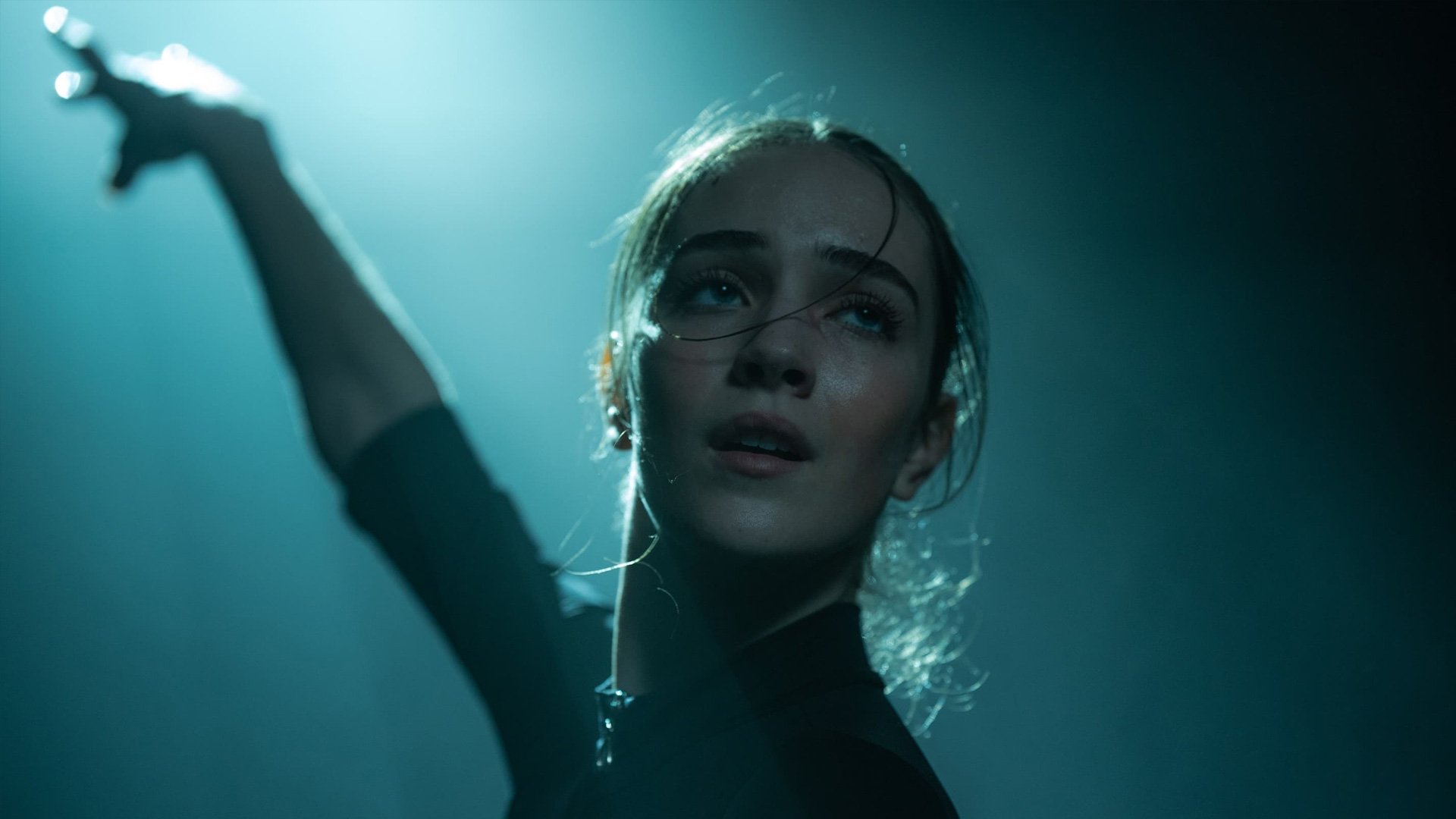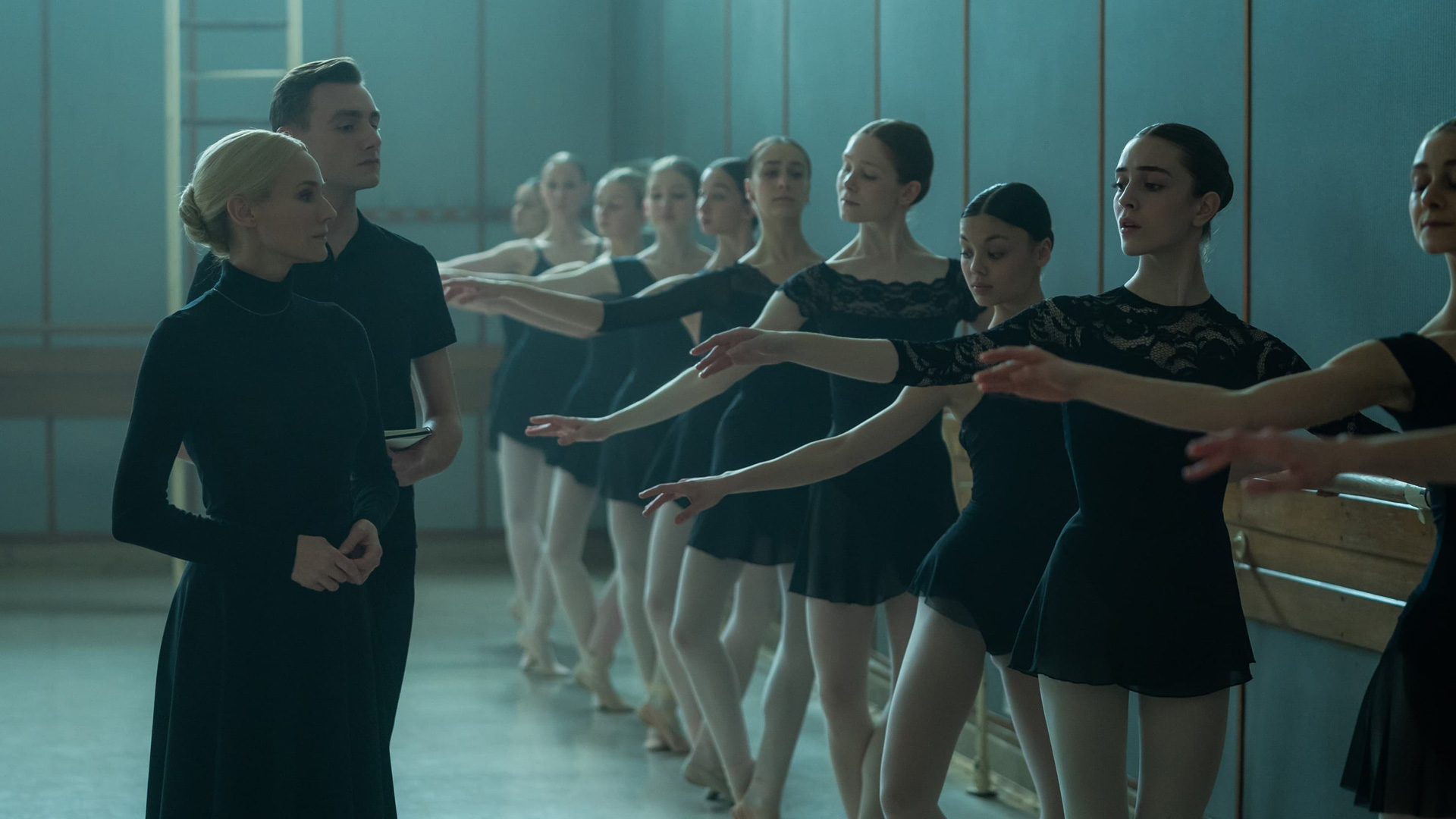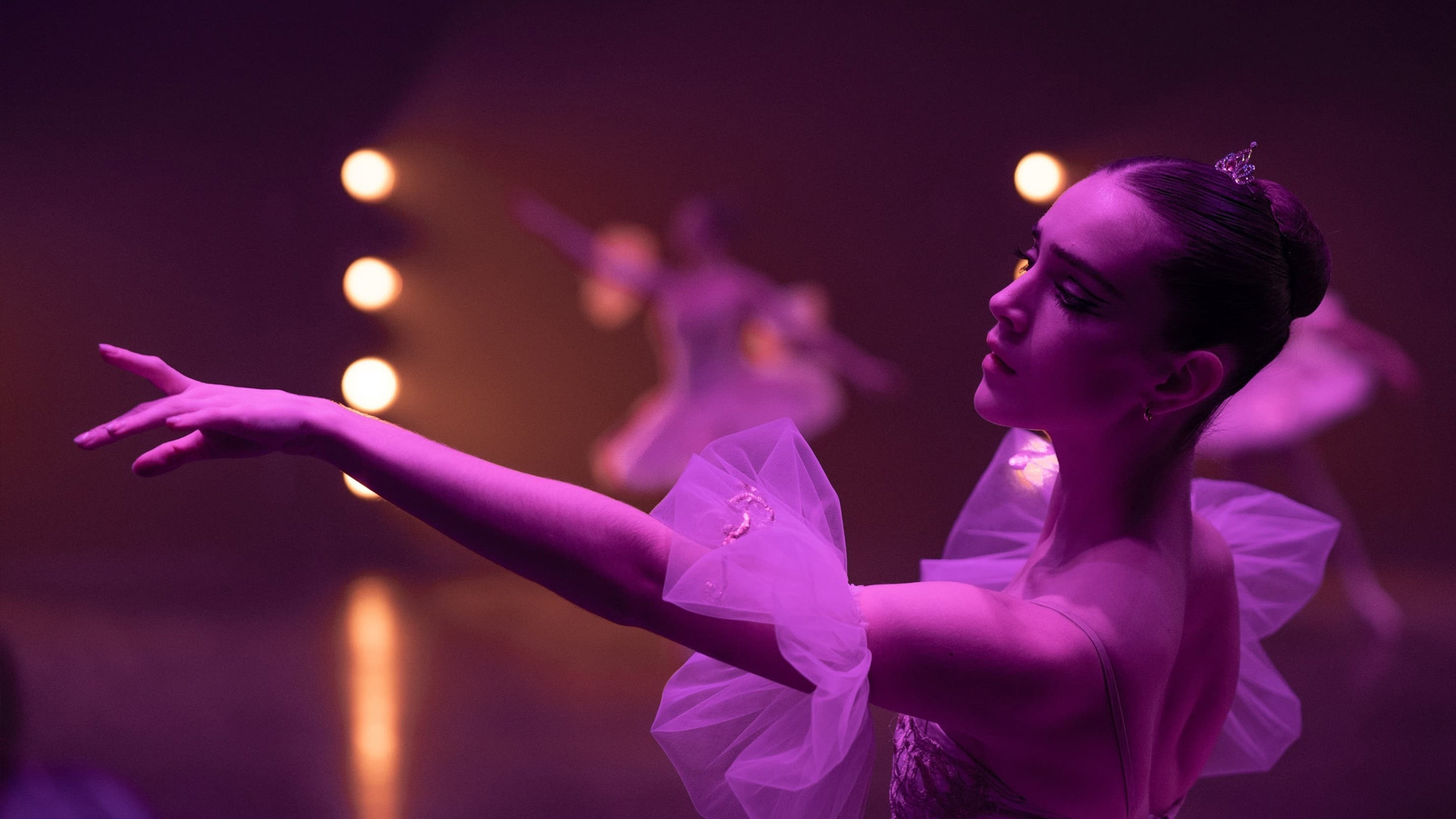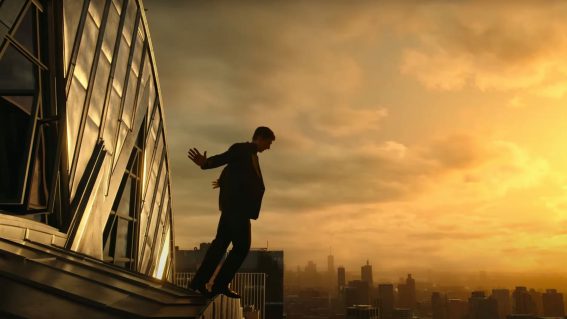Brutal ballet film Joika delivers expertly crafted chaos

Based on a true story, New Zealand writer-director James Napier Robertson’s Joika follows a promising American ballerina as she goes through the gauntlet of the Bolshoi Academy. As Liam Maguren writes, the film delivers plenty of squirm-inducing suspense and a compelling moral quagmire.
There have been numerous stories about the brutality of ballet; the effortless grace of the dance and the poisonous pursuit of perfection make for a potent pairing. That ground fostered Natalie Portman’s Oscar win in Darren Aronofsky’s Black Swan, and shows like 2015’s Flesh and Bone and 2020’s Tiny Pretty Things flaunt that dynamic to varying degrees of quality.
While it may not offer anything revelatory, writer-director James Napier Robertson manages to make those same themes land hard with his expertly crafted feature Joika. Based on the true story of Joy Womack, the film relays her journey to becoming the first American ballerina to be accepted into Russia’s Bolshoi Ballet Academy—and the measures she took to get there.
Following her role in Never Rarely Sometimes Always, Talia Ryder continues to impress as Joy, who’s wrapped her entire life around dance. Doggedly determined one minute then stinking of desperation the next, Ryder walks a compelling tightrope between a person you root for and an imploding mess you’d rather avoid. Her success, or failure, hinges on the cold gaze of instructor Tatiyana, played to the tune of ‘savage yet subdued’ by the always superb Diane Kruger.
The film presents its mission statement before the title even appears. Asked by an interviewer about the weight of expectations from the American dance community, a pre-Academy Joy responds: “I don’t imagine they could put anymore pressure on me than I already put on myself.” A statement that’s as sincere as it is sinister.
As an American in Russian territory, Joy’s very existence in the Academy is akin to putting the pigeon amongst the cats—and her peers have sharp claws. In her very first class, Tatiyana seemingly delights in making the girl spin half to death to the angry beat of, “Fouetté! Fouetté! Fouetté!” While rinsing the blood from her shoe, Joy stares bleary-eyed in the mirror, bordering on psychopathic. Cut to title.
When bringing this ballet pot to boil, the film concocts a finely coordinated sense of chaos. The clicking and cracking of bones, the slamming and stretching of shoes, the cold echo of the dancehalls—these sounds scratch against the perceived elegance of the art form. Cinematographer Tomasz Naumiuk (High Life, Mr. Jones) visually mimics the madness, utilising handheld camera movements that shakily push up on the performers mid-dance to an almost intrusive degree.

Speaking to Flicks’ Steve Newall, Napier Robertson drew parallels between Womack’s story and his experiences making films: “My approach to filmmaking can become quite self-destructive. Because of the hours, the stress, I’ll put everything I have into each one. I often finish making a film, and I am just utterly, physically, mentally, emotionally and financially destroyed.” He’s translated that pain to screen in acute detail.
For all of Joy’s efforts, she is told that selection for Bolshoi comes down to “politics.” The second half of the film touches on these mechanisms, which echo longstanding tensions between Russia and America, but it only taps the surface of that subject matter.
The real Womack has expressed a love and gratitude towards Russia, which isn’t really present in the movie despite the potential to explore the push-pull dynamic between her identity and the country in greater detail. However, given the current global perception of Putin’s Russia, as well as some murkiness over the truth of certain events concerning Bolshoi’s old management, perhaps the film was wise to play coy.

Fortunately, the love-hate dynamic between Joy and Tatiyana keeps things engaging throughout. Joy aches for Tatiyana’s approval, but will lash out if that opportunity starts slipping away. Tatiyana realises Joy’s potential, but presenting an American to the Bolshoi could be cancerous to her career. Their partnership leads to a co-dependency of sorts, setting it apart from the torturous teacher-student relationship seen in Damien Chazelle’s Whiplash, which Joika will inevitably be compared to.
And rightly so. Napier Robertson delivers plenty of squirm-inducing suspense (complete with a ticking time bomb in the form of a stress fracture) and a compelling moral quagmire in this tale of self-determination flying close to the sun of self-destruction. While it’s typical for true underdog stories to end on a warm inspirational tune, Joika closes on a blanker note—and it’s more thought-provoking for it.
















